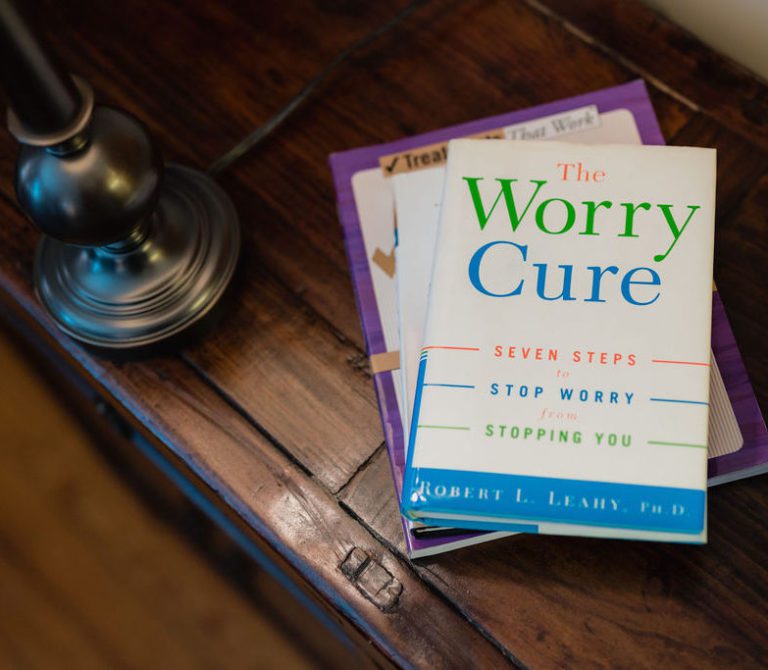Almost everyone feels anxious at times
People dealing with anxiety disorders often endure prolonged and heightened unease and fear in their daily lives. These conditions typically involve recurring episodes of sudden, intense anxiety and fear that culminate in what’s known as panic attacks.
These persistent feelings of anxiety and panic disrupt daily activities, are hard to control, and often far exceed the actual threat level, persisting over extended periods. Physical symptoms like restlessness, shortness of breath, palpitations, muscle tension, sweating, and insomnia may accompany these emotional experiences. Consequently, individuals may make significant efforts to avoid specific places or situations in an attempt to evade these distressing episodes. Symptoms can emerge in childhood or adolescence and continue into adulthood.

Examples of Anxiety Disorders
You can have more than one anxiety disorder. Whatever form of anxiety you have, treatment can help.
- Generalized Anxiety Disorder (GAD)
- Agoraphobia
- Health Anxiety
- Panic Disorder
- Phobias
- Postpartum Depression and Anxiety
- Social Anxiety Disorder (Social Phobia)
- Test Anxiety
- Trichotillomania
Request Your Consultation
Ready to get started? Have questions? Click below to contact our helpful New Patient Coordinator.
Therapy Tailored For You
Through individual therapy, you can establish a deep connection with a therapist who dedicates the necessary time to understand you, including your background, strengths, challenges, values, and objectives. Your treatment plan will be customized to suit your unique needs.
- Weekly and/or multiple times a week sessions
- In-person & teletherapy services available
- Range of fees to fit your budget

Related Disorders
Depression
A mood disorder that causes a persistent feeling of sadness and loss of interest.
PTSD
Post Traumatic Stress Disorder is a common reaction to very stressful or traumatic events.
